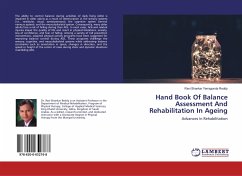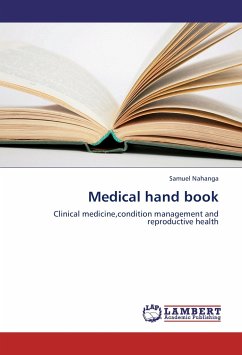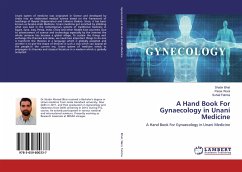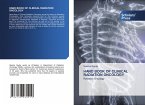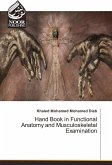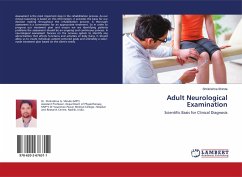The ability to control balance during activities of daily living (ADL) is impaired in older adults as a result of deterioration in the sensory systems (i.e., vestibular, visual, somatosensory), the cognitive system (central nervous system), and the musculoskeletal system. Consequently, many older adults face a risk of falling during their ADL. In most cases, falls and related injuries impair the quality of life and result in physical limitations, anxiety, loss of confidence, and fear of falling. Among a variety of fall prevention interventions, adapted physical activity programs have been suggested for improving balance control during ADL. These programs challenge the sensory, cognitive, and musculoskeletal systems while addressing balance constraints such as orientation in space, changes in direction, and the speed or height of the center of mass during static and dynamic situations resembling ADL.

